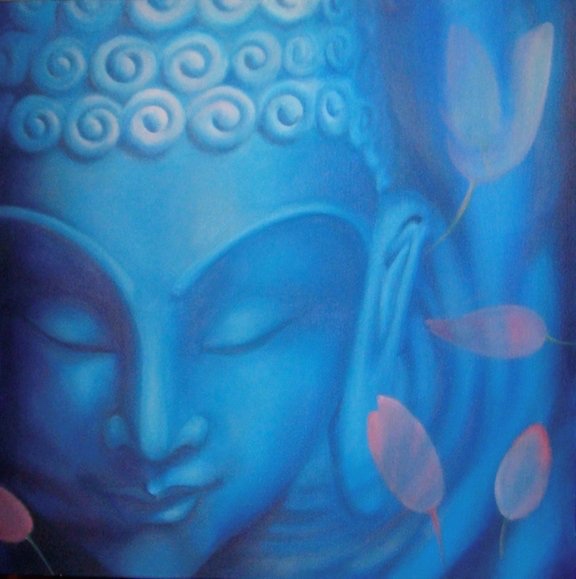
Things fundamentally
have no origin and presently have
no extinction; there is no more to speak.
As soon as you speak, this is origination;
and if you don’t speak, this
is extinction.

Things fundamentally
have no origin and presently have
no extinction; there is no more to speak.
As soon as you speak, this is origination;
and if you don’t speak, this
is extinction.
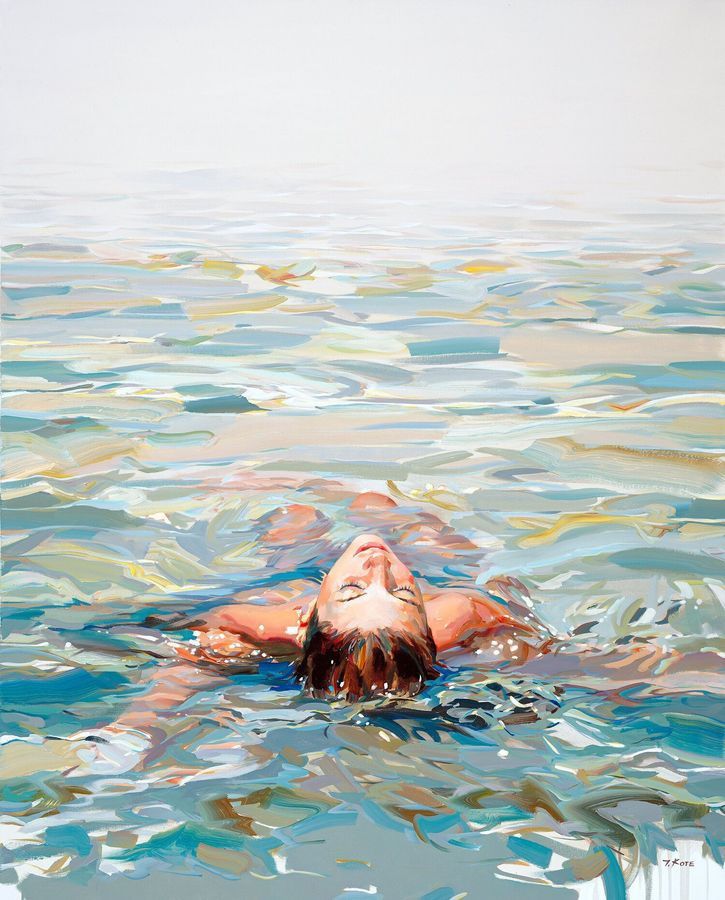
The essence of awareness,
complete and clear, is a formless body.
Don’t mistake far and near based on intellectual opinion.
When thoughts differ, you’re blind to the substance
of the mysteries. When mind diverges,
you’re not neighbor to
the Way.
When subjectively
discriminating myriad things,
you get submerged in the objects before you.
When conscious awareness is fragmented,
you lose the basic reality.
If you understand
such expressions with complete
clarity, you’ll wind up unburdened,
as you were before.
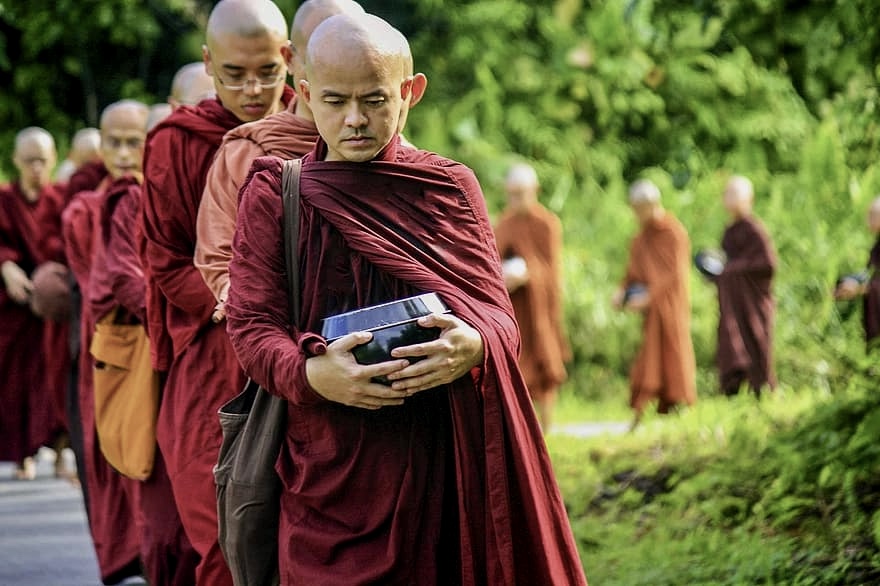
Having left the Fifth Ancestral Teacher’s place, Hui Neng traveled south for two months, and had reached the Ta Yu Range. He was pursued by the monk Hui Ming, who was originally a general, accompanied by several hundred men, who wanted to seize the robe and bowl (emblematic of succession to the ancestral teachers).
Ming was the first to overtake him. The Sixth Ancestral Teacher threw down the robe and bowl on a rock and said, “This robe signifies faith: how can it be taken by force?” Ming tried to pick up the robe and bowl, but was unable to move them. At that point he said, “I have come for the Dharma, not for the robe.”
The Ancestral Teacher said, “Since you’ve come for the Dharma, you should put to rest all your motivations, and don’t give rise to a single thought, and I will explain for you.” After a silence, he said, “Without thinking of good, and without thinking of evil, at just such a time, which is your original face?”
At these words, Hui Ming was greatly enlightened. He also asked, “Besides the intimate words and meaning that struck home a moment ago, is there any further intimate message?”
The ancestral teacher said, “If it were said to you, it wouldn’t be intimate. If you turn around and reflect, what’s intimate is in you.”
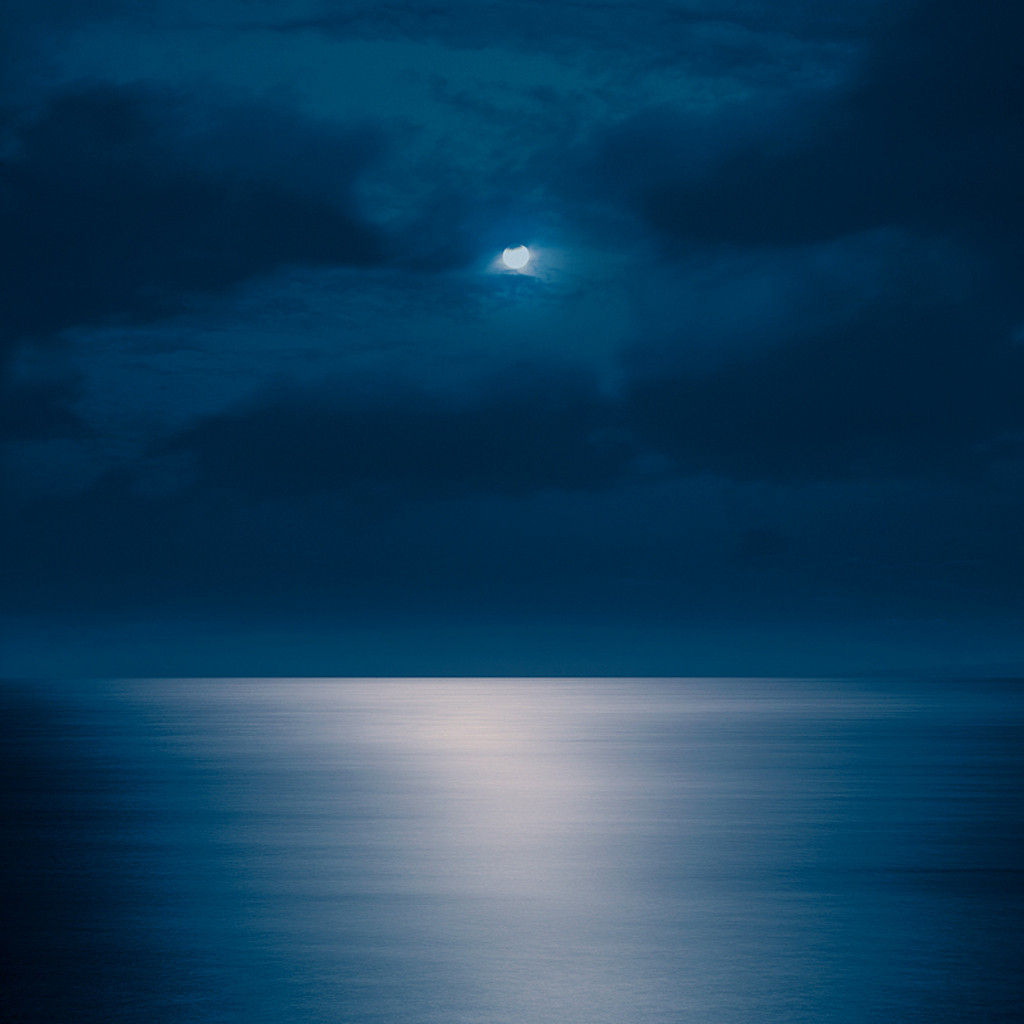
After offering a convincing response when Kaso later challenged the validity of his awakening, Ikkyu went on to admit that he had practiced for a decade “seething with anger” only to find that as the raucous cawing of a crow shattered the evening’s silence “an enlightened disciple of the Buddha suddenly surfaced” from within the mud of his emotional torment.
Ikkyu continued practicing under Kaso for another four years, earning the deep respect of his master as well as a reputation for eccentricity. According to a biography completed by Ikkyu’s disciples not long after his death, when Kaso offered Ikkyu a “seal” of his enlightenment (inka) — a document essential for anyone seeking advancement in the Rinzai hierarchy — Ikkyu refused to accept it. Later discovering that Kaso had given the document to a laywoman for safekeeping, Ikkyu took possession of the inka, tore it to shreds, and asked his disciples to burn it.
On another occasion, when Kaso was hosting a memorial ceremony for his own master, Ikkyu spurned the custom of wearing ceremonial raiment and showed up in patched robes and grass sandals, drawing the considerable ire of the rest of the community. Questioned by Kaso about his behavior, Ikkyu said that he was dressed simply, as a monk should be, while everyone else was prancing about in sumptuous “shit covers”. At the end of the service, when Kaso who was asked who would be his Dharma successor, he reportedly surveyed the gathering and said, perhaps with some reluctance, “the crazy one”.
…Ikkyu had devoted himself to Kaso precisely because he carried the torch of Daito’s personification of a “true person of no rank” — a rigorously ascetic approach to Zen exemplified by Daito having tempered his own enlightenment by living under a bridge with beggars and other outcasts for five years.
Having
realized understanding
kindness and the excellent nature
of opportunities and dangers, one ably
breaks through the net of doubts snaring all
sentient beings. Departing from ‘is’ and ‘is not’,
and other such bondages…leaping over quantity and
calculation, one is without obstruction in whatever
one does. With penetrating understanding of the
present situation and its informing patterns,
one’s actions are like the sky giving rise
to clouds: suddenly they exist, and
then they don’t. Not leaving
behind any obstructing
traces, they are like
phrases written
on water.
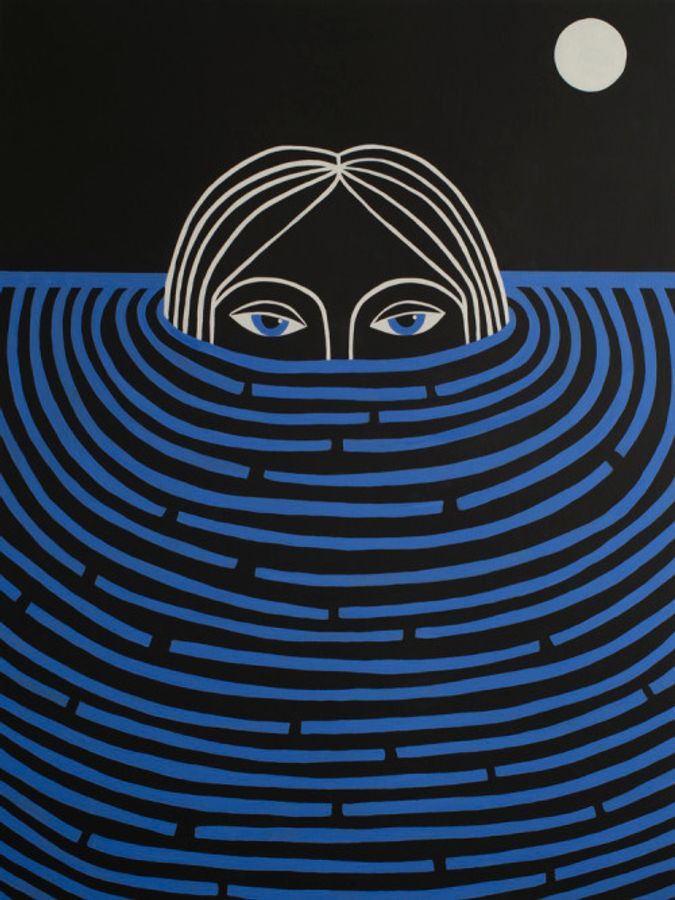
Each of you has a
priceless jewel in your own body.
It radiates light through your eyes, shining
through the mountains, river, and earth. It radiates light
through your ears, taking in all sounds, good and bad.
It radiates light through your six senses day
and night. This is also called
absorption in light.
You yourself do not
recognize it, but it is in your
physical body, supporting it inside
and out, not letting it tip over. Even if you
are carrying a double load of rocks
over a single-log bridge,
it still doesn’t let
you fall over.
What is it?
If you seek in the slightest,
it cannot be seen.